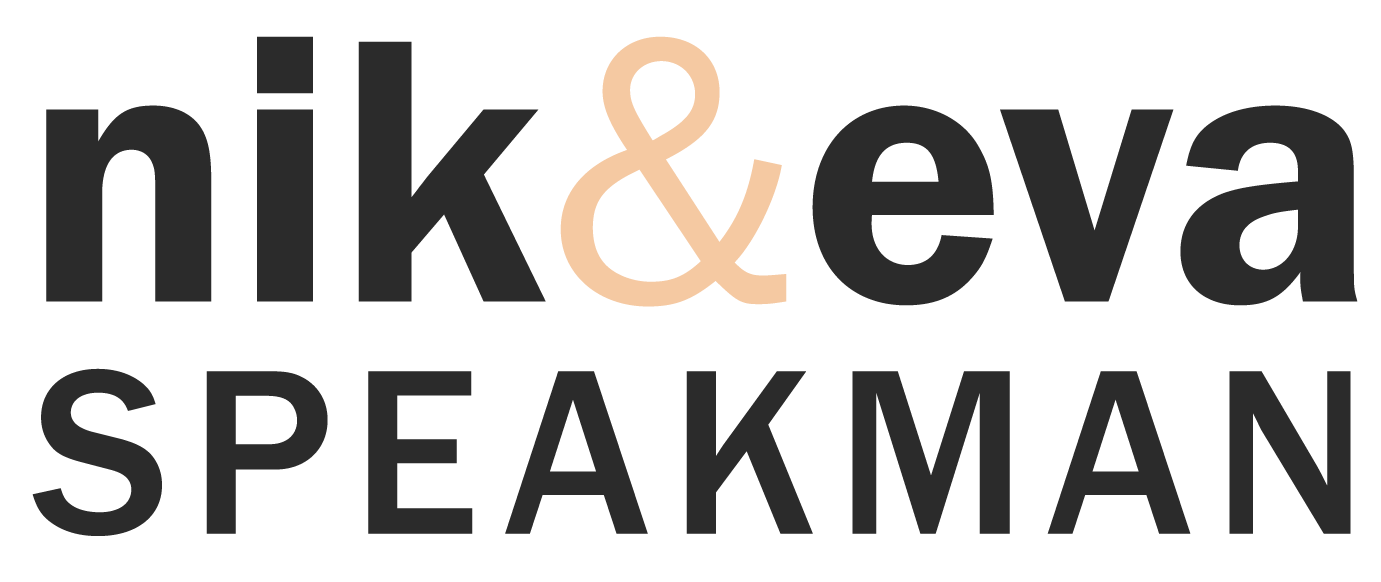Challenge the past: A child’s perspective
From a child’s perspective
Most childhood learnings that we acquired are naturally conditioned, or corrected, as we grow and mature. However, many can still remain unchallenged. Particularly those schemas and associations created around an unpleasant or traumatic event.
We therefore continue to use an immature behavioural reference (or schema) that’s stuck with a child’s viewpoint. This is often the case with phobias, or people with low self-esteem, due to bullying during their school years. As an adult, you may feel frustrated at the feelings you are experiencing that are due to a childhood schema which does not serve you. This causes and internal conflict between the schema, and your current thoughts and feelings.
You know now that the schema is wrong, maybe you think it’s even ridiculous. However, you still can’t override it, and this makes you feel helpless. For example, if you have a phobia of mice, as an adult you know that the mouse cannot kill or hurt you, yet the moment you see a mouse – you become hysterical, irrational or terrified. You become an adult, acting like a child!
These childhood ‘schemas’ often inhibit elements of your life. This can then lead to feelings of frustration and confusion. How you want to think, feel and behave is overtaken by how you actually think, feel and behave – behaviours that are based upon a thought process, or set of circumstances from the past.
Challenging the past
The good news is that negative schemas CAN be changed! We change them, by conditioning them. In effect, challenging them with new and overwhelming evidence to the contrary.
This process is the basis of our schema conditioning therapy. The aim being to help see your past negative schemas from a different more positive perspective. Thereby alleviating the subsequent associated negative symptoms of anxiety.
By always seeing things in the same way, you will always feel the same way. Changing and upgrading your thoughts and perspective will change and upgrade your feelings.

